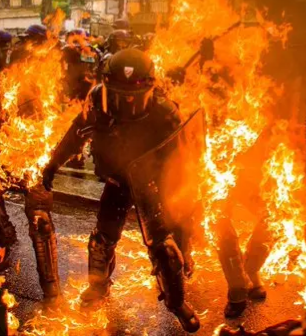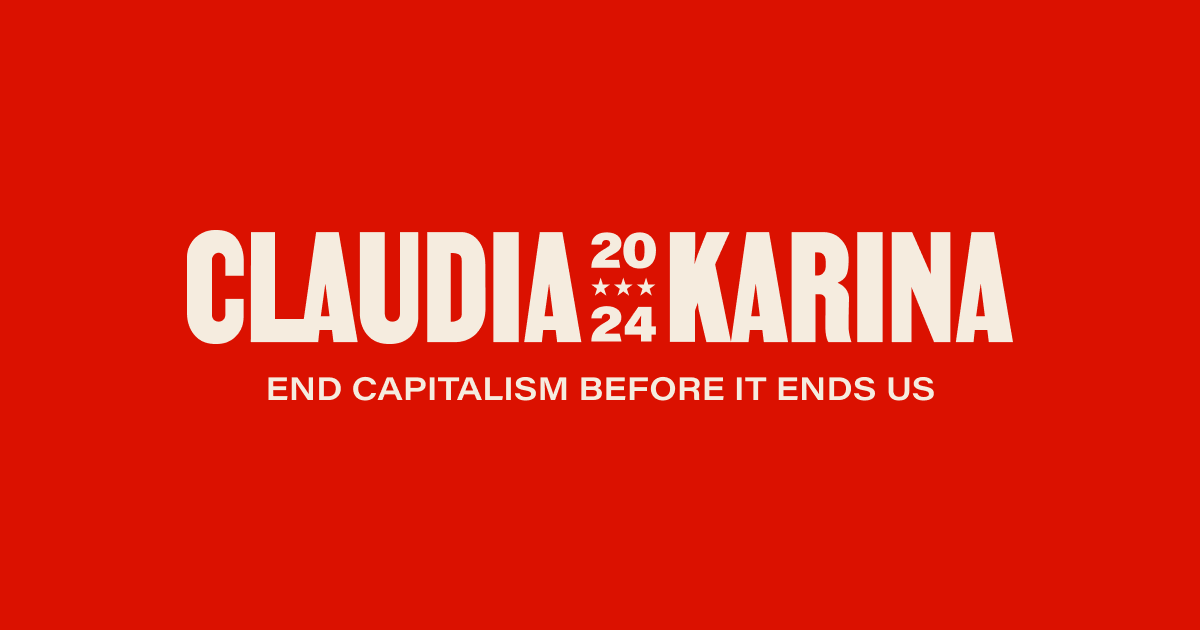

Moscow’s continual attempt to cast their struggle as a rerun of World War II against Nazism rings hollow in reality, however. Not only is Ukraine’s president Jewish but far-right extremist parties have near negligible support in national representative politics.
Fuck Zelensky even wears Nazi merch.
The “representative politics” point doesn’t prove anything when you have Nazi paramilitaries in the streets, multiple leaders praising Nazi collaborators and Nazis in the military, and Nazi collaborator monuments protected by the state.











Not in my Gotham City